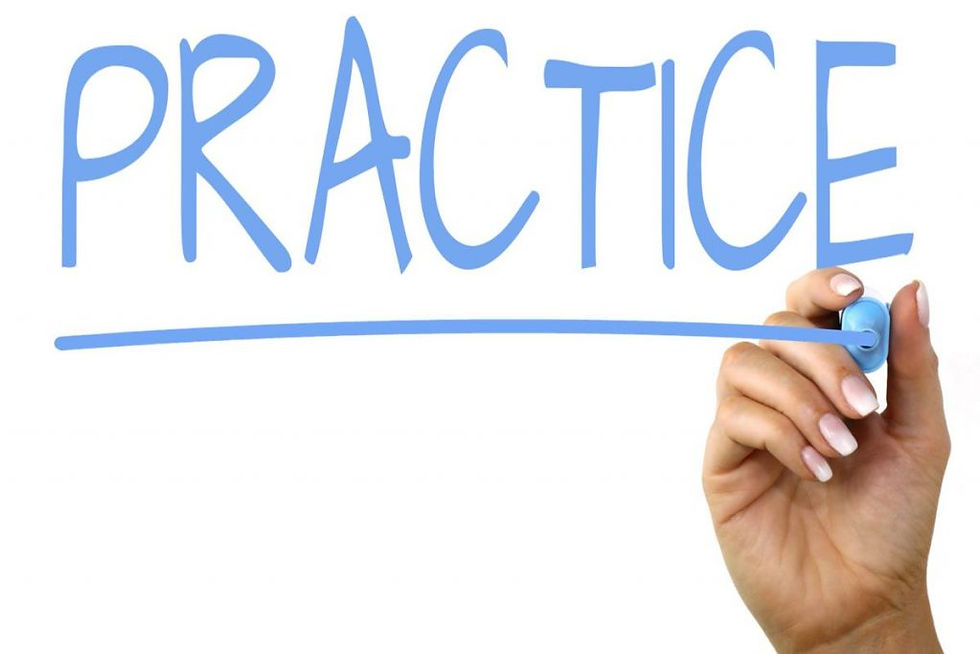Mindfulness for Writers: 3 Keys to Meditating for Success
- susieyakowicz
- Aug 2, 2019
- 2 min read

If you haven’t jumped on the mindfulness bandwagon yet, it might be time to hop aboard. Mindfulness has many proven benefits, from reducing stress to eliminating body aches and pains to improving sleep. But your health isn’t the only thing that will profit from this popular meditation technique. Practicing mindfulness can boost your writing life too by increasing mental clarity, creativity, and concentration—which can be especially helpful when it comes to producing your best work. Before you get started with this life- and career-changing habit, consider these important tips:
Take Time to Learn Mindfulness
The best way to learn mindfulness is to get proper instruction. You can do this by joining a mindfulness class, meeting one-on-one with a trainer, listening to a mindfulness podcast, or downloading an app. Taking time to learn and understand mindfulness will give you a better chance of reaping the full benefits from your practice, plus you’ll gain extra tips and ideas for bringing calm into your daily life. Be thorough when researching learning options. Go online and do some browsing, read reviews, ask questions, and get recommendations. Then choose a method that fits your learning style and works well with your writing and personal schedule.
Practice Mindfulness Regularly
Once you learn mindfulness, practicing it routinely will help you become proficient at it and make it effective for you. Keep in mind that you don’t have to make this a time-consuming endeavor. Thirty-minute sessions of mindfulness can reap big rewards, but so can meditating for five minutes. Taking a mindfulness break during the day is a great way to de-stress, recharge, clear your head, and reboot your creativity. Figure out what time of day makes the most sense for you to get mindful and plug it into your calendar. Before you know it, you’ll look forward to that block of time you’ve set aside to give your brain rest and refreshment.
Consider Alternatives
What if, after trying mindfulness, you decide you don’t like it? Chances are slim that’ll happen, but if this form of meditation doesn’t appeal to you, there are many other meditation techniques to consider, from Zen to Transcendental Meditation to progressive muscle relaxation. You might also try a meditative variety of yoga or deep abdominal breathing. Even spending a few minutes enjoying nature can help you gain calm, unwind, and recharge. Alternatives aside, mindfulness for writers and everyone else has a proven track record of positive results. Give it a go and see for yourself.
The benefits of practicing mindfulness make it a worthwhile habit for anyone to adopt. Writers will get the added perk of improving creativity, focus, and clarity. What more reason do you need to get started?



WIX TESTING FOR NOTIFICATION